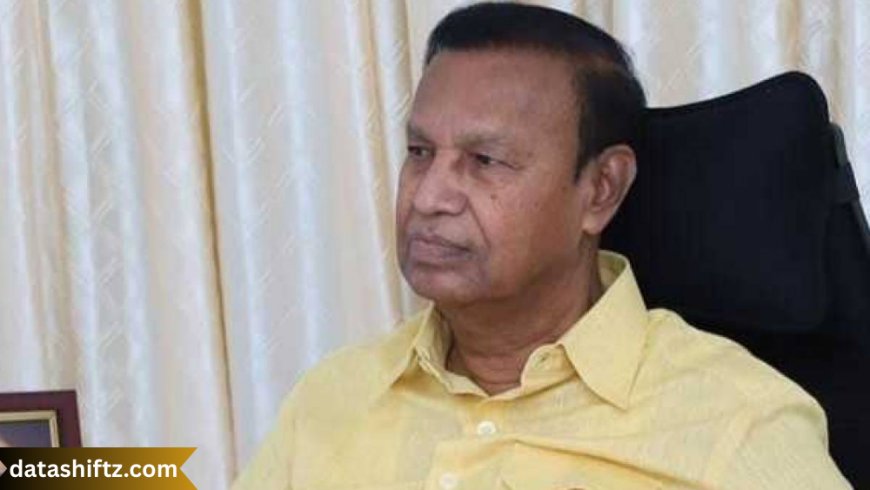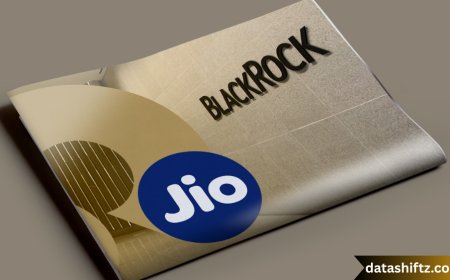T. R. Baalu: The Stalwart of DMK and Indian Politics

Introduction
Thalikkottai Rajuthevar Baalu—known popularly as T. R. Baalu—is an enduring presence in Indian politics, with a career spanning over six decades. Beginning his journey at the young age of 16, Baalu rose through the ranks of the Dravida Munnetra Kazhagam (DMK) to hold vital ministerial portfolios in successive central governments. Elected repeatedly to both houses of Parliament, he currently serves as the Treasurer of DMK and Leader of the DMK Parliamentary Party in the Lok Sabha. His varied roles—from coalition-building to policy advocacy—reflect steadfast loyalty and impactful leadership in Tamil Nadu and beyond.
Political Journey and Early Life
Roots and Rise in DMK
-
Born on 15 June 1941 (officially recorded), in Thalikottai, Thiruvarur district, Tamil Nadu.
-
Educated with a B.Sc. from New College, Chennai, and a diploma from Central Polytechnic College.
-
Entered politics in 1957, inspired by DMK supremo M. Karunanidhi. Became DMK's Chennai District Secretary in 1982.
-
Detained multiple times for public duty protests, including one year under MISA during the Emergency (1976). He notably protested the arrest of Karunanidhi in 2001 even as a Union Minister.
Parliamentary Career and Ministerial Roles
| Period | Position/Role | Constituency / Context |
|---|---|---|
| 1986–1992 | Rajya Sabha MP | Tamil Nadu |
| 1996–1998 | MoS Petroleum & Natural Gas; Non‑Conventional Energy | Lok Sabha, Chennai South |
| 1999–2003 | Union Minister, Environment & Forests | Chennai South |
| 2004–2009 | Union Minister, Shipping, Road Transport & Highways | Lok Sabha |
| 2009–2014, 2019–2024 | Lok Sabha MP, Sriperumbudur constituency | Respective election victories |
| 2018–2020 | Principal Secretary, DMK | Party leadership |
| 2020–Present | Treasurer, DMK; Leader of DMK Parliamentary Party | Party & Parliament roles |
Highlights and Contributions
Leadership, Legacy, and Key Policy Initiatives
-
Played a pivotal role in shaping the Sethusamudram Shipping Canal Project, linking Palk Bay and Gulf of Mannar. The project remains stalled due to legal and environmental disputes.
-
Spearheaded initiatives as Environment Minister including organizing the 8th UN Conference on Climate Change in New Delhi, where the Delhi Declaration was adopted.
-
As Shipping Minister, launched policy frameworks such as the National Maritime Development Programme with substantial infrastructure investment, and enhanced national highways under the National Highways Development Programme.
-
Authored DMK's election manifestos for Assembly and Lok Sabha polls, playing a strategic role in shaping the party’s narrative.
-
Continues to champion key parliamentary committee assignments and remains a strong force in treasury and party operations.
Personal Profile and Public Persona
Background and Family
-
Married twice—first to Renuka Devi, later to Porkkodi (his niece); father to three sons and two daughters.
-
His son T. R. B. Rajaa is a rising political figure, serving as DMK MLA and Minister of Industries in Tamil Nadu.
-
Besides politics, Baalu has been active in family businesses spanning chemicals, exports, and academics.
Key Takeaways
-
Political Veteran – Over six decades of service within DMK and Indian Parliament.
-
Policy-Maker – Significant roles in infrastructure, environment, energy, and transportation sectors.
-
Committed Idealist – Multiple detentions and protests highlight his resolve and ideological dedication.
-
Party Strategist – Instrumental in election manifestos and party administration as Treasurer.
-
Generational Leadership – His lineage continues to impact Tamil Nadu governance.
-
Global Diplomat – Took India’s environmental diplomacy to platforms like the UNFCCC and global summits.
Conclusion
T. R. Baalu is more than a seasoned politician; he is a symbol of unwavering ideological commitment, policy-making aptitude, and grassroots leadership. From early activism to high-stakes parliamentary debates, from international environmental forums to DMK's strategic backbone, Baalu's multifaceted contributions have shaped not only his party but also the nation’s developmental trajectory. His legacy continues today through legacy building, institution strengthening, and nurturing the next generation of leaders.





























